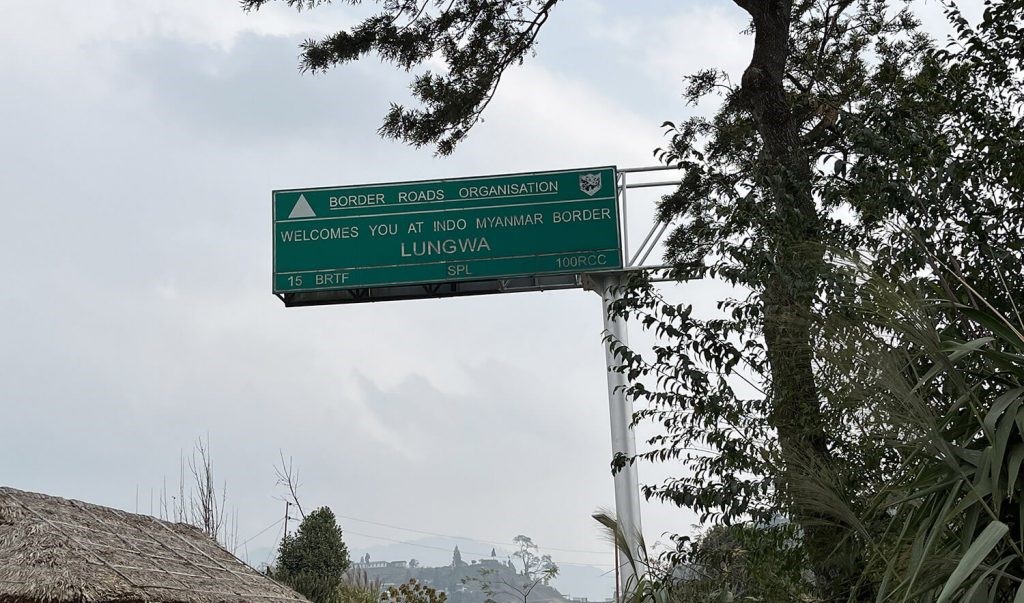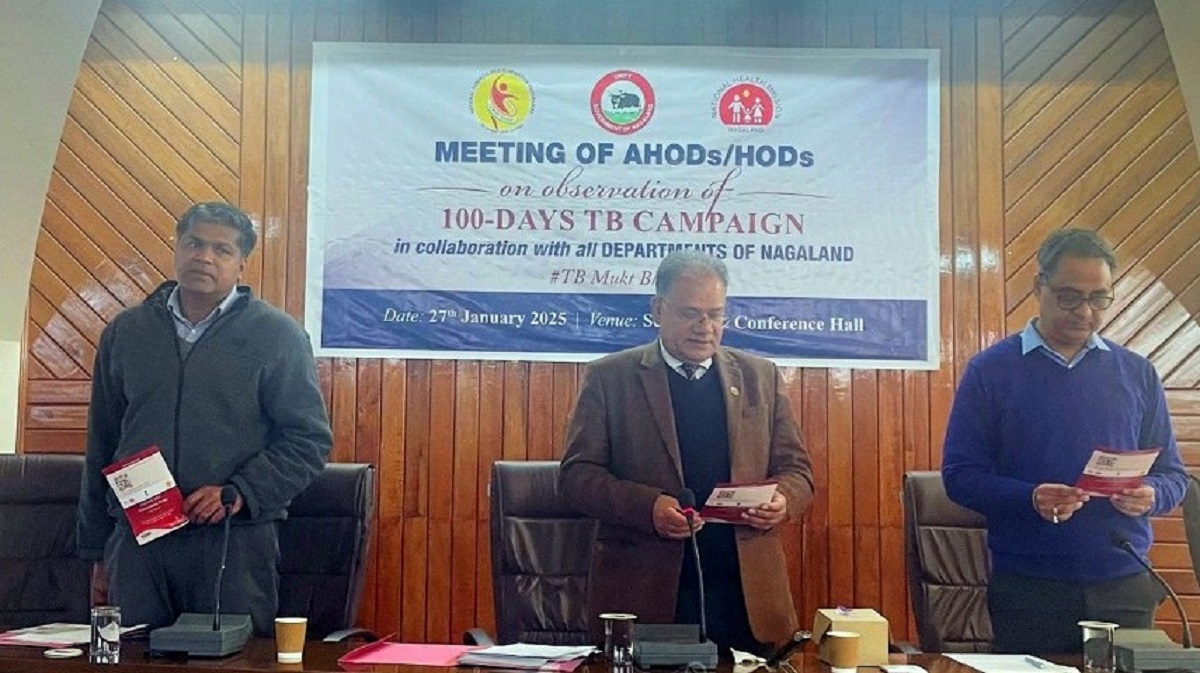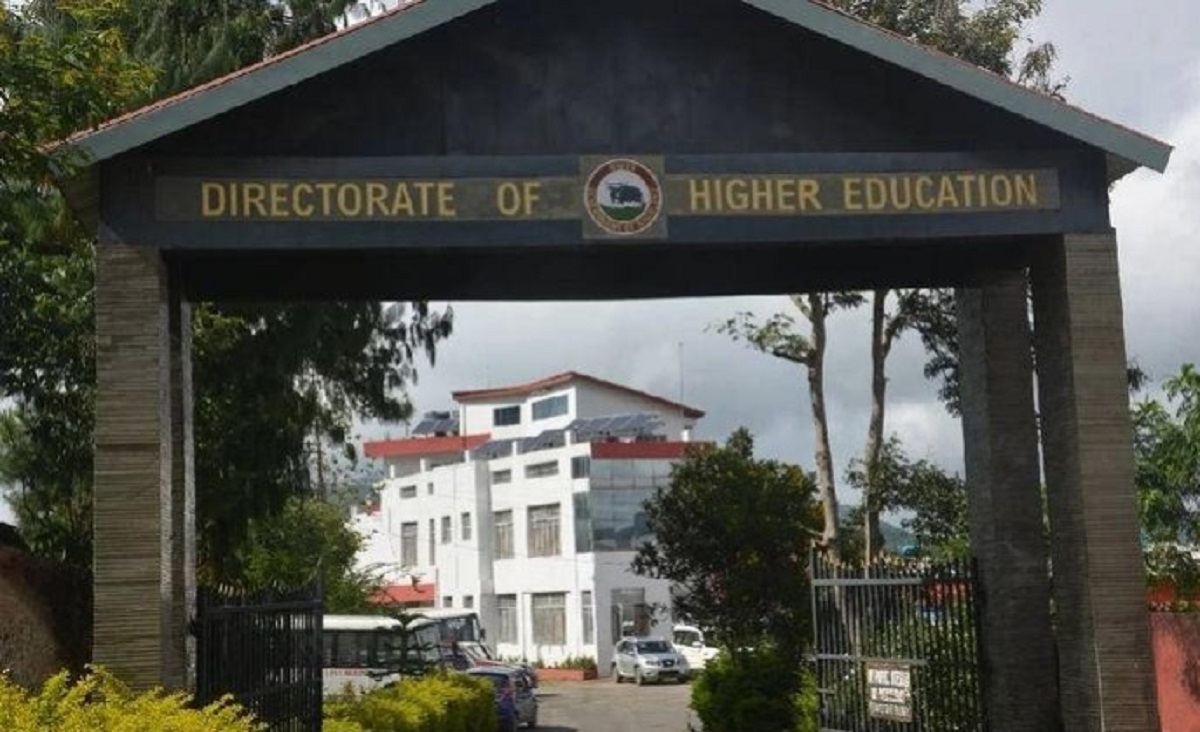Tonyei Phawang, the chief angh (traditional leader) of Longwa village in Nagaland, made a fervent appeal against the Indian government’s decision to terminate the Free Movement Regime (FMR) and to erect a border fence along the India-Myanmar boundary
Tonyei Phawang, the chief angh (traditional leader) of Longwa village in Nagaland, made a fervent appeal against the Indian government’s decision to terminate the Free Movement Regime (FMR) and to erect a border fence along the India-Myanmar boundary.
Longwa village, with a population of approximately 6,000 people, is uniquely positioned astride the international border, with half of its territory in India and the other half in Myanmar. This geographical peculiarity has historically allowed the villagers to live under one administration, sharing one church and one anghship, despite being spread across two nations.
The FMR had permitted tribes living on either side of the border to traverse up to 16 km into each other’s territories without requiring a visa or passport, fostering social and cultural ties. However, on January 20, 2024, Amit Shah, the Union Home Minister of India, announced plans to construct a border fence and abolish the FMR, citing deliberations over the existing agreement with Myanmar.




